May was a month jam-packed with new hip-hop releases, so let’s jump past the preamble and get into it. Not only did we get a pack of early “best hip-hop album of the year” contenders, but we also saw some of our favorite artists release some of their best work so far. From OGs to contemporary hitmakers, there was something for just about everyone; here are the best hip-hop albums of May 2024.
Chief Keef — Almighty So 2
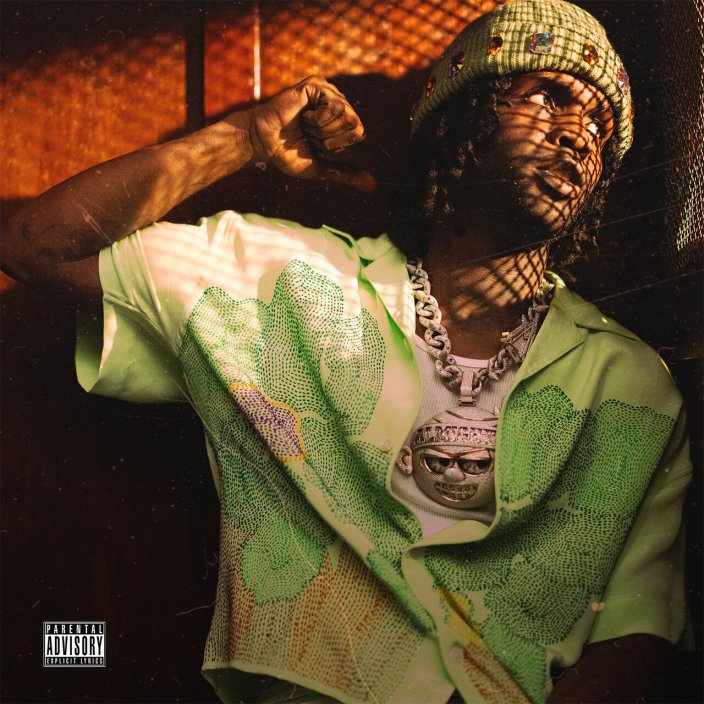
Delayed for nearly five years, Chief Keef’s fifth studio album finally arrived with all the fanfare it deserved, released via Keef’s own 43B imprint. Featuring appearances from G Herbo, Lil Gnar, Tierra Whack, Sexyy Red and Quavo, and with production handled largely by Keef himself, Almighty So 2 delivers a portrait of an artist who’s completely mastered his unique approach to his craft. Here, Keef demonstrates a hard-won sense of maturity and self-assurance that might surprise a rap fan waking up from a ten-year coma to find that the anarchist little kid from Chicago is now a grown man with a clear-eyed understanding of his platform and its impact.
Ghostface Killah — Set The Tone (Guns & Roses)
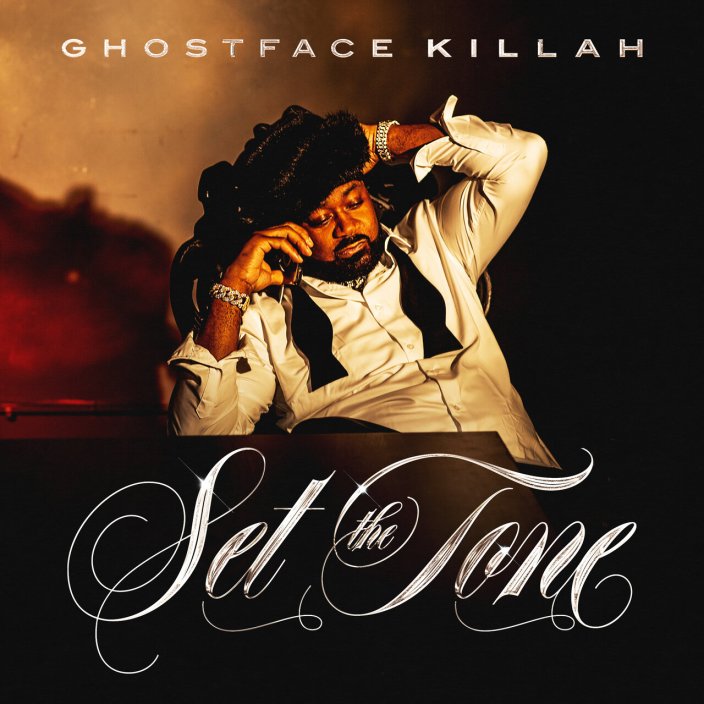
30-plus years into his career, Ghostface’s pen remains as razor-sharp as ever. That, combined with a willingness to play with his formula that many of his peers either lost or refused to develop, results in a contemporary release that evolves with the times but never loses the feel of a classic Ghostface production. Plenty of newer artists spend a lot of time trying to ape the sound of the boom-bap golden era, but here, Ghost and his contemporaries, ranging from AZ and Nas to fellow Wu members Method Man and Raekwon, continue to set the standard and show why what they did just can’t be duplicated.
Gunna — One Of Wun
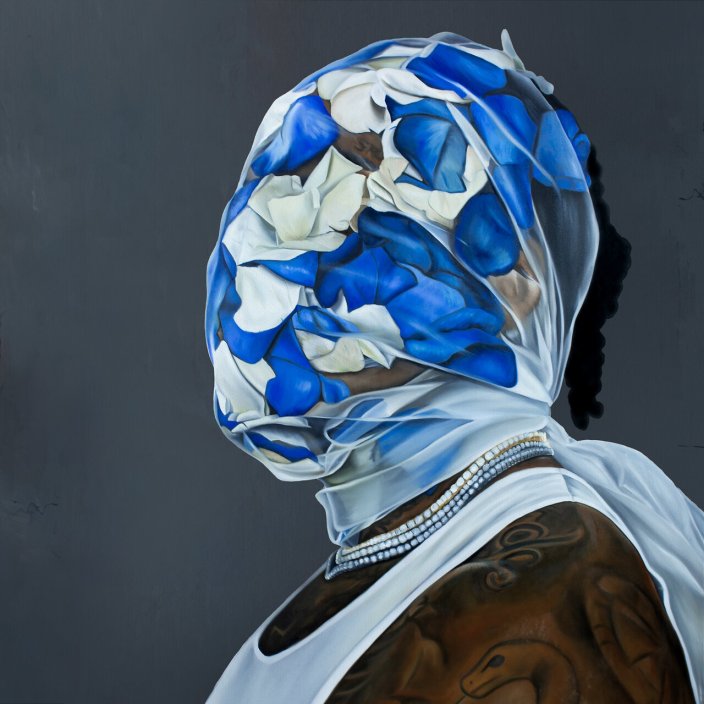
There was a point a few years ago when hip-hop heads actually debated which rapper between Lil Baby and his Drip Harder collaborator Gunna was the better wordsmith. I try not to participate in debates like this because they’re so reductive and borderline disrespectful to the artists themselves, but at this point, I think it’s safe to say that while Baby had the higher heights, Gunna’s longevity puts a lot of points on the board in his favor. In the case of his latest, it also makes the case for his eventual re-acceptance into the fold with regard to rap fans who decided he’d violated some irrefutable law of rap.
Rapsody — Please Don’t Cry
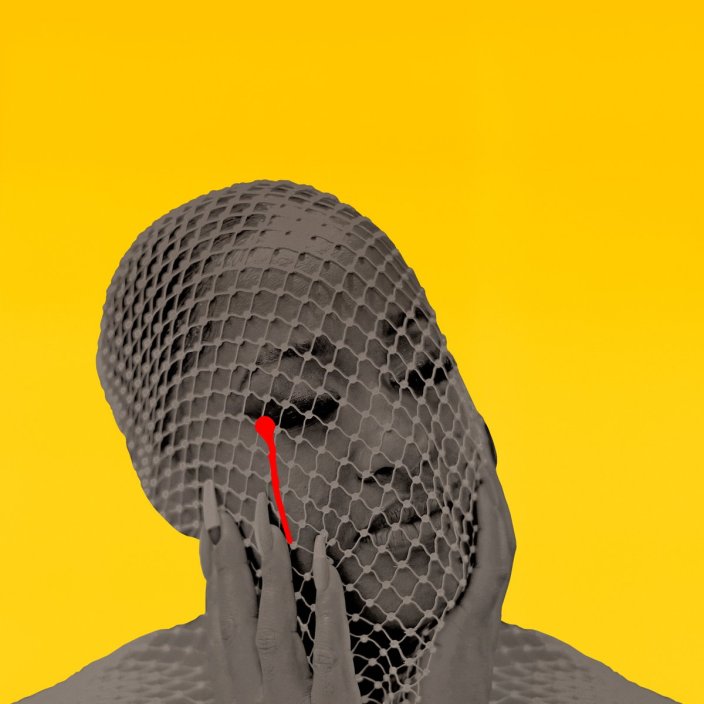
As I wrote in my interview with Rapsody about her fourth studio album, Please Don’t Cry constitutes not only Rapsody’s best career album, but also one of the best rap albums of the year to date. It offers all of the things hip-hop fans say they want from a modern rap release: emotive storytelling, fearless vulnerability, earnest treatment of mature topics, and ironclad wordplay. If/when they complain about a dearth of these things in modern rap, the only response should be a link to this project.
Slum Village — F.U.N.

Slum Village hasn’t released a full-blown body of work as a group in nearly a decade. F.U.N. is one hell of a comeback. Throughout all of the band’s various lineups, the one consistent presence has been T3, who doubles as producer alongside Young RJ, whose lyrics often provide the counterweight to T3’s blunt rhymes. Employing a fleet of guest stars who keep the formula fresh, and trying on new stylistic cloaks throughout, they turn in one of their best projects since their 2005 self-titled album, when the duo consisted of T3 and Elzhi. If nothing else, the RJ and T3 share a similar yin-yang chemistry that anchors a project that lives up to its name.
Vince Staples — Dark Times
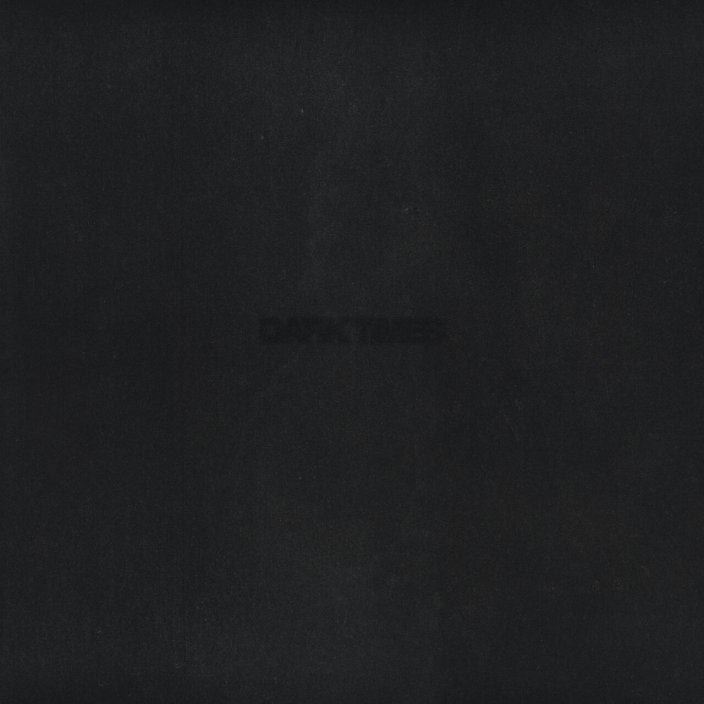
If Rapsody’s Please Don’t Cry was my early pick for rap album of the year, the only thing that gave me pause to reconsider was Vince’s out-of-nowhere announcement of his final project for Def Jam, which he delivered only days before the album itself. As the Long Beach native has grown as an artist, so has his worldview, and so has his ability to relay that worldview with concision, wit, and astonishing incisiveness. He’s not a “conscious” rapper in the respect that the term is often used as a pejorative against MCs who detail social and political issues in their raps, but neither is he the gangsta rapper he’s so often reduced to by chuckling nitwits who want to garner hood cred on social media by imitating the lingo of cities they’d never visit. Dark Times might be Vince’s magnum opus, but the most promising aspect of it is: he’s only getting better.







